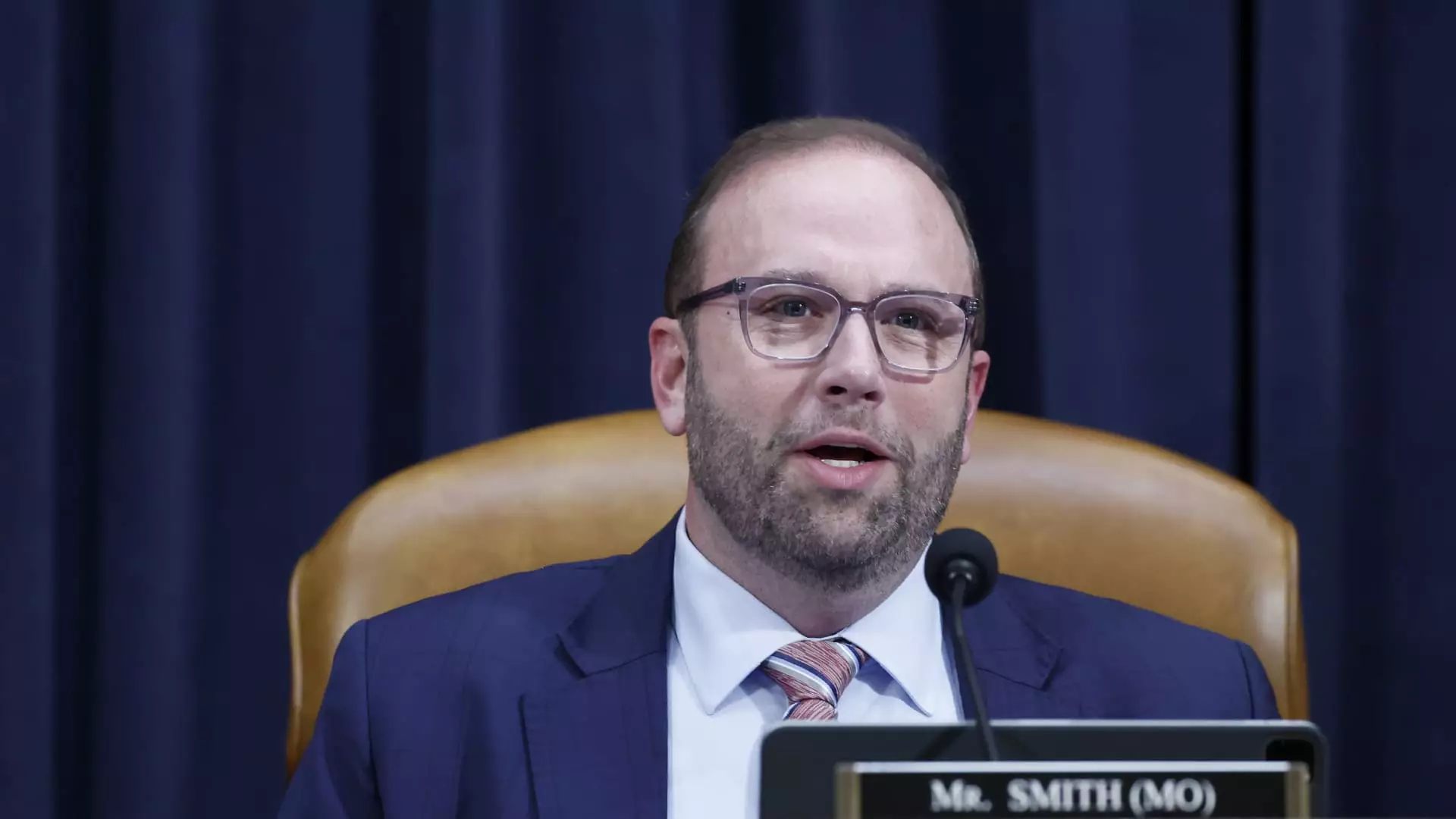The impending expiration of significant provisions from the 2017 Tax Cuts and Jobs Act (TCJA) looms large as the political landscape shifts with Republicans seeking to solidify their fiscal policies. With less than a week until the inauguration of President-elect Donald Trump’s administration, there is a palpable urgency among House Republicans to advocate for a rapid extension of key tax breaks. However, this sentiment is juxtaposed with growing concerns regarding the implications for taxpayers, federal revenue, and socioeconomic equity.
As the clock ticks down to a new presidential term, House Republicans, under the leadership of figures like Committee Chair Jason Smith, are rallying for swift legislative action. The urgency of the matter cannot be understated; without Congressional intervention, popular tax benefits such as lower tax brackets, a broadened child tax credit, and a 20% deduction for pass-through businesses are set to expire by the end of 2025. If no action is taken, projections from the Tax Foundation suggest that a staggering 60% of American taxpayers could face higher tax bills beginning in 2026. This statistic underscores the stakes involved in tax legislation and the potential for widespread financial repercussions.
The use of reconciliation—a legislative process that allows certain budgetary bills to bypass the usual filibuster in the Senate—places Republicans in a strategic position to expedite these changes. Proponents argue that the permanence of the Trump tax cuts is not only necessary for maintaining economic momentum but also essential for supporting families and small businesses, particularly in an uncertain economic landscape.
Despite the clear intention to extend these tax provisions, substantial reservations linger, particularly around the fiscal cost of such an endeavor. Estimates suggest that indefinitely extending Trump’s tax cuts could result in an eye-watering $4.2 trillion expense over the next decade. This figure raises significant questions regarding fiscal responsibility, especially in a climate where the U.S. Treasury recently reported a burgeoning deficit, which ballooned to $710.9 billion in just the first three months of fiscal year 2025—up nearly 40% compared to the previous year.
Critics, including some within the Democratic party, have raised alarms that these tax provisions largely cater to the wealthy, thereby exacerbating income inequality. Richard Neal, the ranking Democrat on the House Ways and Means Committee, articulated this concern by pointing out that the fiscal benefits are disproportionately skewed towards the top earners in America. When examining the distributional impacts, the data indicates that the average American family would stand to save approximately 2.2% of their after-tax income if extensions were enacted—effectively translating into a modest annual saving of around $2,000. In contrast, the highest 0.1% of earners could enjoy a staggering average tax reduction of $314,000.
What remains at stake for middle-class households amidst this legislative push? As the supporters of tax extensions promote an image of providing relief and stability, the underlying disparities in the benefits bestowed necessitate a thorough reassessment. There is a genuine concern that leaving these provisions to expire could lead to unintended consequences for families, further contributing to a sense of economic insecurity that many voters face. With tax policy often viewed as a reflection of governmental priorities, the narrative surrounding who benefits most will loom large in future electoral cycles.
To reconcile these conflicting dynamics, it will be imperative for Republicans to not only champion the extensions but also address underlying perceptions of inequity. The dialogue must evolve to focus on broader reforms that prioritize middle-class welfare without compromising fiscal sustainability.
The road ahead regarding the GOP’s tax legislation is fraught with challenges that extend beyond political maneuvering. As lawmakers grapple with the consequences of their decisions, they must tread carefully to create a tax landscape that ensures both economic growth and equitable support for all citizens. The impending negotiations mark not merely a legislative formality but an essential crossroads that could redefine the socio-economic fabric of American society for years to come.

